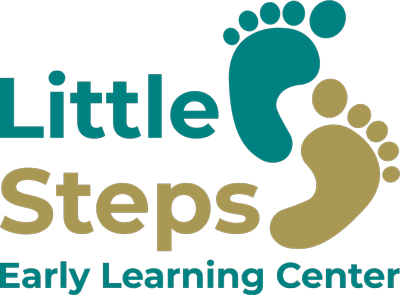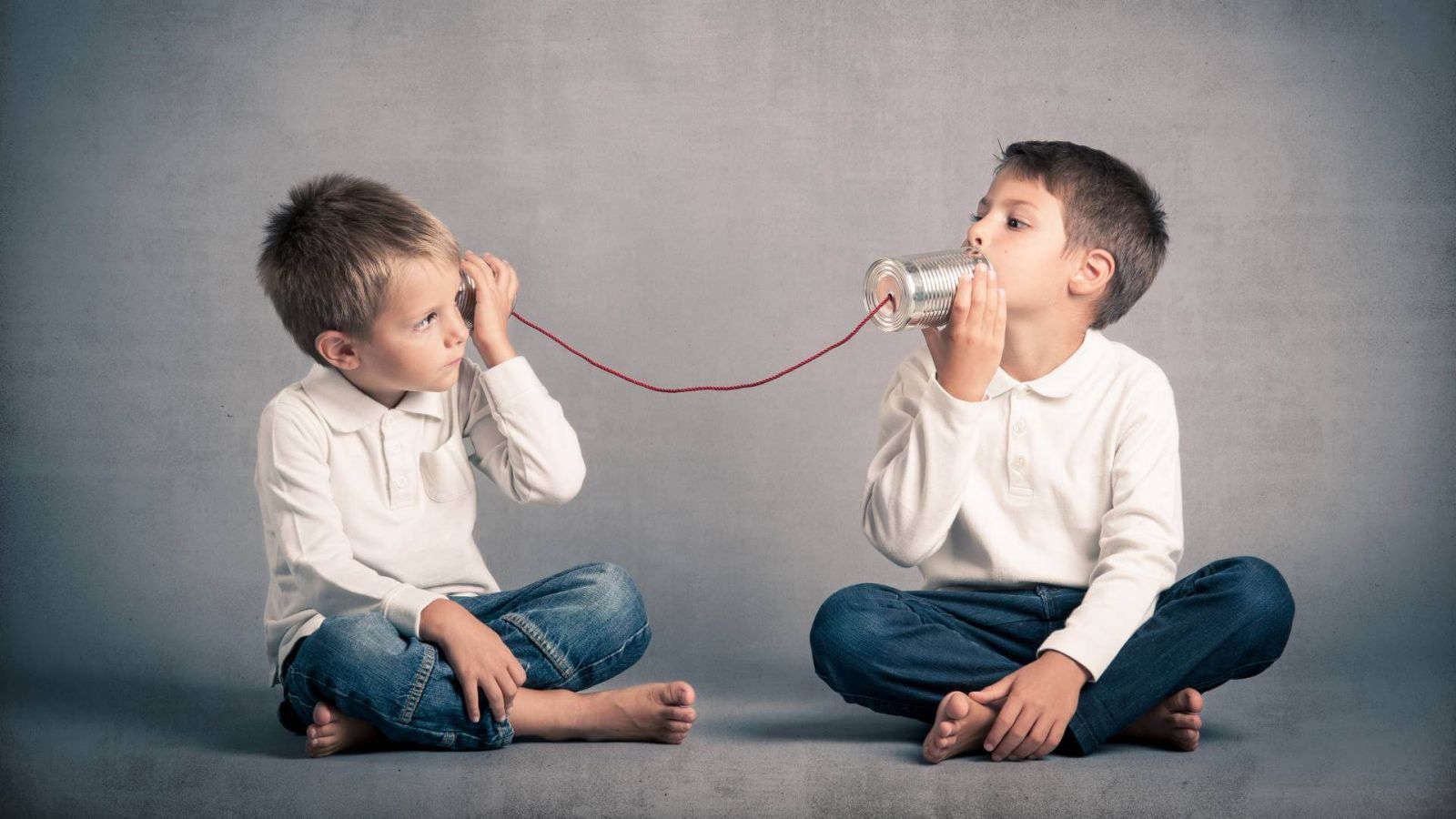As parents and caregivers, we are always looking for ways to support the development of the youngest children in our care. One area that has gained increasing attention in recent years is the use of music and movement to support the development of infants and toddlers. In this article, we will explore the many benefits of music and movement for young children.
Enhancing Cognitive Development
One of the key benefits of music and movement for infants and toddlers is the way in which it can enhance cognitive development. Listening to music and moving to the beat can help children develop their sense of rhythm, which is an important foundation for the development of language skills. Studies have shown that exposure to music can also enhance memory and attention span in young children.
Improving Motor Skills
Another benefit of music and movement for infants and toddlers is the way in which it can improve motor skills. Dancing, clapping, and playing simple instruments can all help young children develop their coordination, balance, and control over their bodies. These skills are important not only for physical development, but also for the development of fine motor skills that are needed for tasks such as writing and drawing.
Supporting Social-Emotional Development
Music and movement can also be powerful tools for supporting social-emotional development in infants and toddlers. Singing and dancing together can promote a sense of community and belonging, and can help children develop social skills such as turn-taking and cooperation. Moving to music can also be a fun and effective way for children to release energy and manage emotions such as frustration and anxiety.
Promoting Language Development
Exposure to music can also support the development of language skills in infants and toddlers. Listening to music with words can help children develop their vocabulary and understanding of language, while singing songs and rhymes can help children develop their phonological awareness (the ability to recognize and manipulate sounds in language). Music and movement activities can also help children develop their expressive language skills as they learn to communicate through movement and gesture.
Fostering Creativity and Imagination
Music and movement can also be powerful tools for fostering creativity and imagination in young children. Dancing and moving to music can help children explore their own creativity and self-expression, while exposure to different types of music can expose children to new sounds, rhythms, and cultural traditions.
Tips for Using Music and Movement with Infants and Toddlers
Now that we've explored some of the many benefits of music and movement for infants and toddlers, let's take a look at some tips for incorporating these activities into your interactions with young children.
- Create a Musical Environment: Start by creating a musical environment in your home or classroom. Play music throughout the day, and consider incorporating musical instruments or other props that children can use to make their own music.
- Incorporate Movement into Daily Routines: Look for ways to incorporate movement into daily routines, such as singing and dancing during diaper changes or meal times.
- Choose Age-Appropriate Music: Select music that is appropriate for the age and developmental level of the children in your care. Consider incorporating a variety of musical styles and cultures to expose children to new sounds and rhythms.
- Keep it Fun and Playful: Remember that the goal of music and movement activities with young children is to have fun and encourage exploration and creativity. Keep activities light-hearted and playful, and don't worry about getting everything "right."
- Use Music to Soothe and Calm: Finally, remember that music can be a powerful tool for soothing and calming young children. Consider incorporating soft, calming music into nap time or other quiet activities to promote relaxation and rest.
Music and movement can be powerful tools for supporting the development of infants and toddlers in a variety of ways. From enhancing cognitive development and motor skills, to promoting social-emotional development and language skills, music and movement activities can have a wide range of benefits for young children. By incorporating these activities into daily routines and interactions with young children, parents and caregivers can help support the growth and development of the youngest members of their families and communities.


